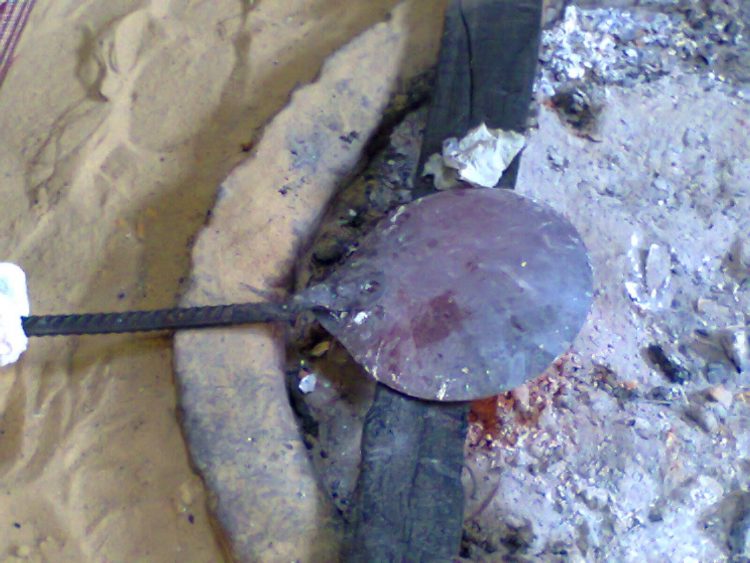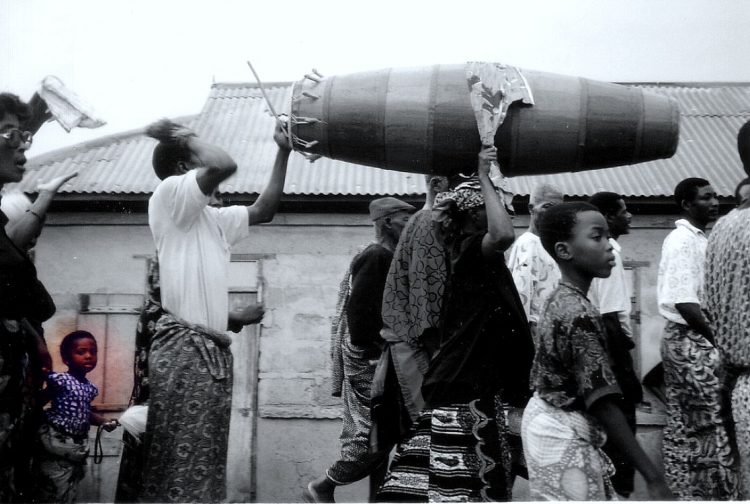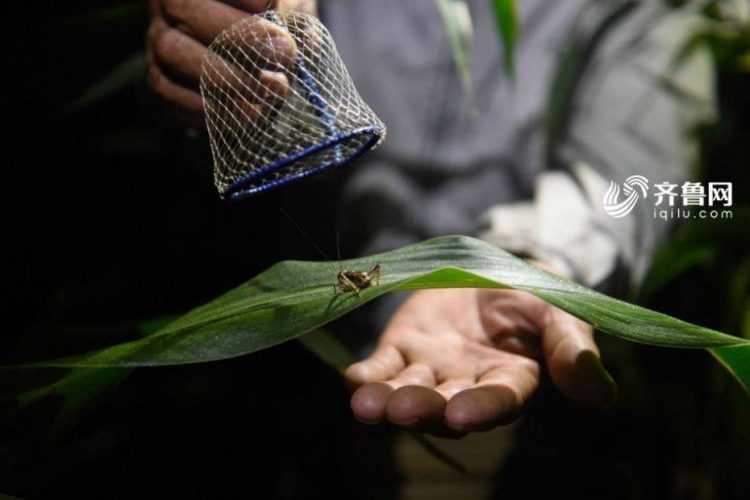In the Western world, bridesmaids are also known as maids of honor, but in China, they are more like maids of dishonor. From drinking large quantities of alcohol on behalf of the bride to putting up with groping and other forms of harassment, bridesmaids often take part in traditional customs that most people would consider extremely vulgar. And as fewer women are willing to serve as bridesmaids for their friends and relatives, professional bridesmaid rental services are a booming business.
In medieval times, Chinese bridesmaids would dress up as the bride to act as decoys for rival clans and hooligans looking to kidnap her. As centuries past and legal protections for marriages were established, this particular role was no longer required, but maids of honor still retained their protective functions, and their ‘job’ remained as dangerous as ever. Even today, women who take on this responsibility are humiliated, physically or sexually harassed and some end up losing their lives in their attempt to best fulfill their tasks at a wedding. It sounds absurd that an honorary position at what is supposed to be a joyous celebration involve such risks, but in China, it is a harsh reality.
For example, it is customary for Chinese newlyweds to toast bottoms up to every wedding guest, and at big weddings that adds up to a lot of alcohol. In order to protect the honor of the bride, it falls on the bridesmaids to fend off drinking requests and in most cases drink on the bride’s behalf. This often results in alcohol poisoning, and in extreme cases, death. Just last month, it was reported that a 28-year-old maid of honor in Wenchang, Hainan province, lost her life after getting pressured into consuming a large amount of alcohol.
 Read More »
Read More »





















